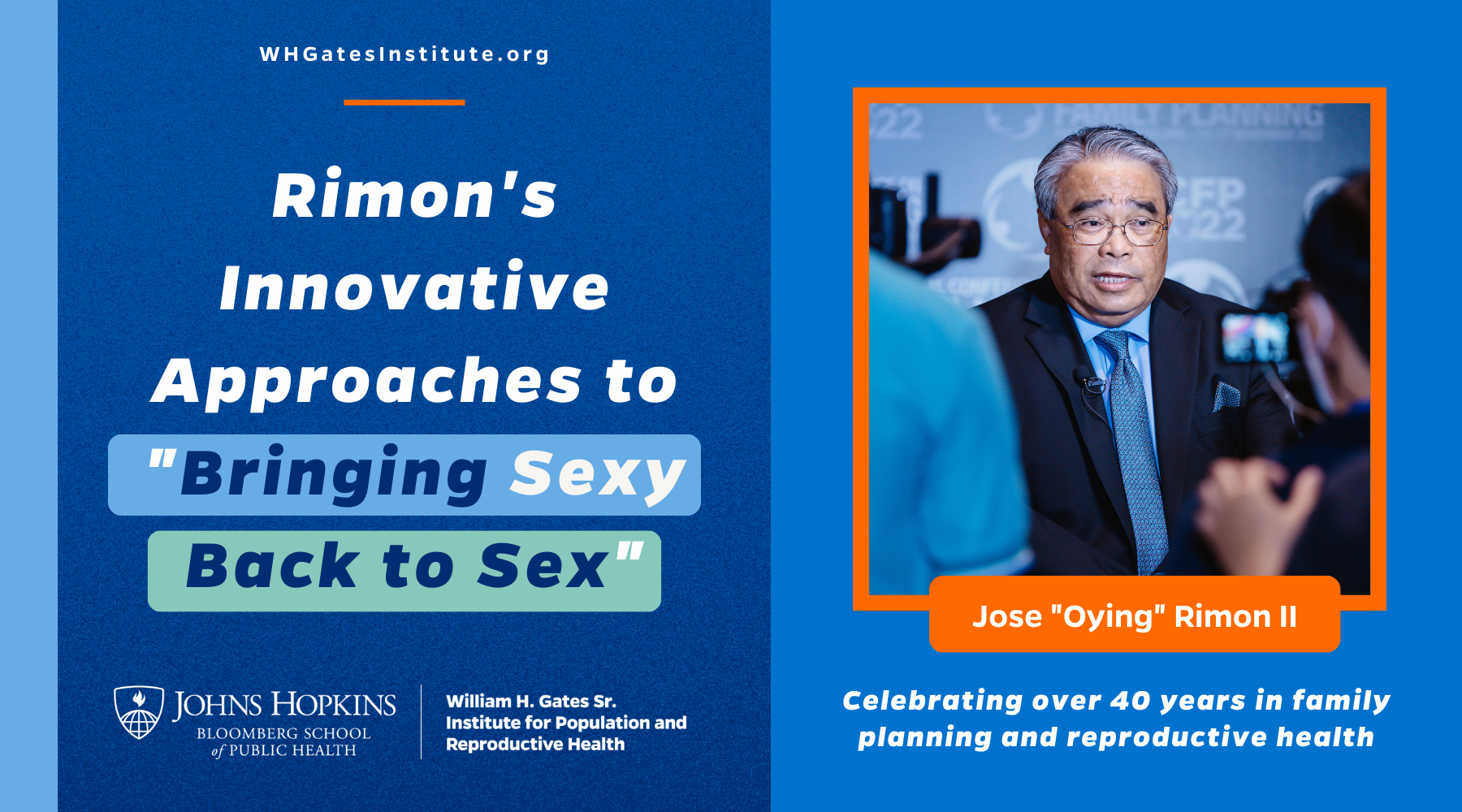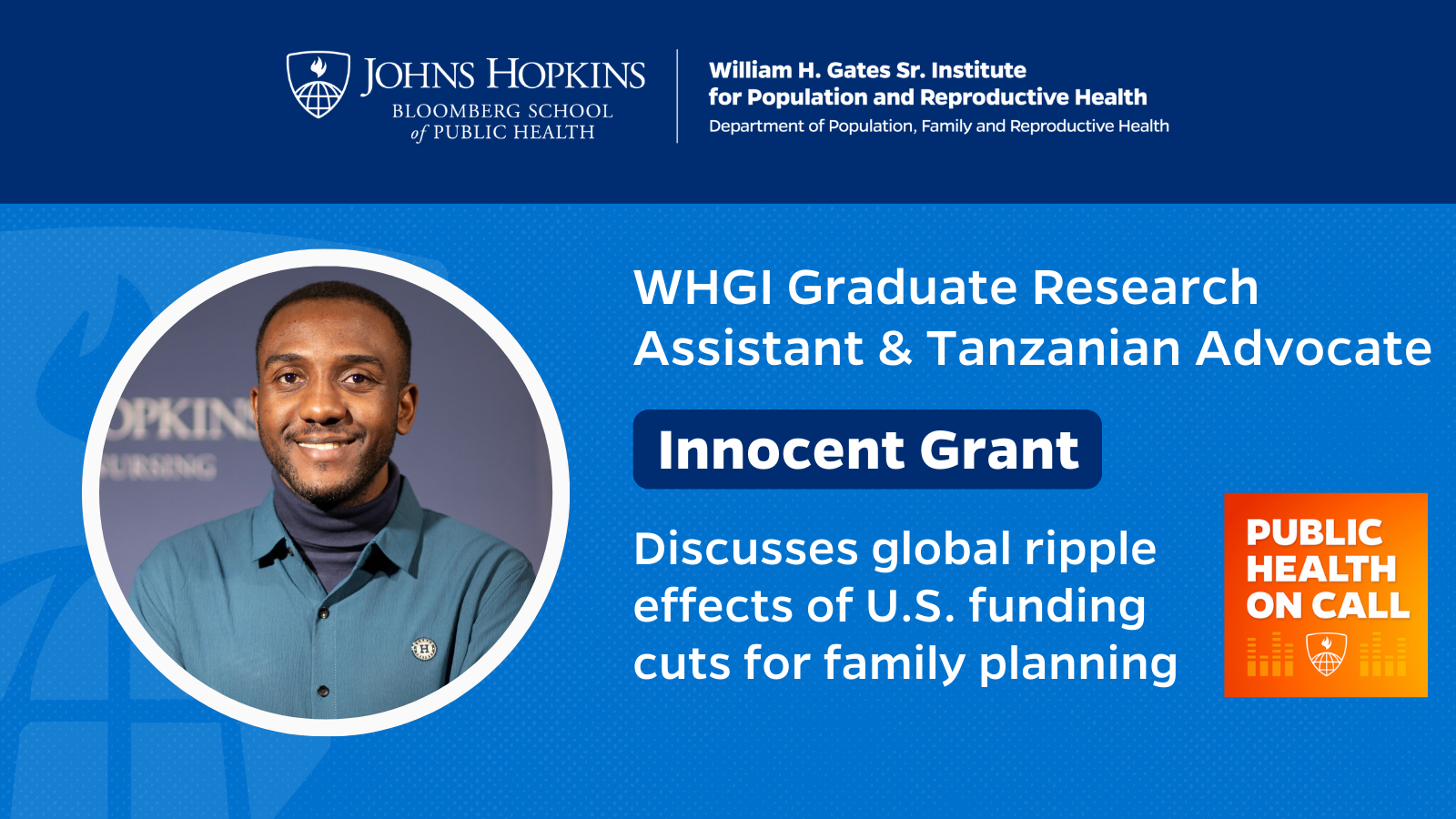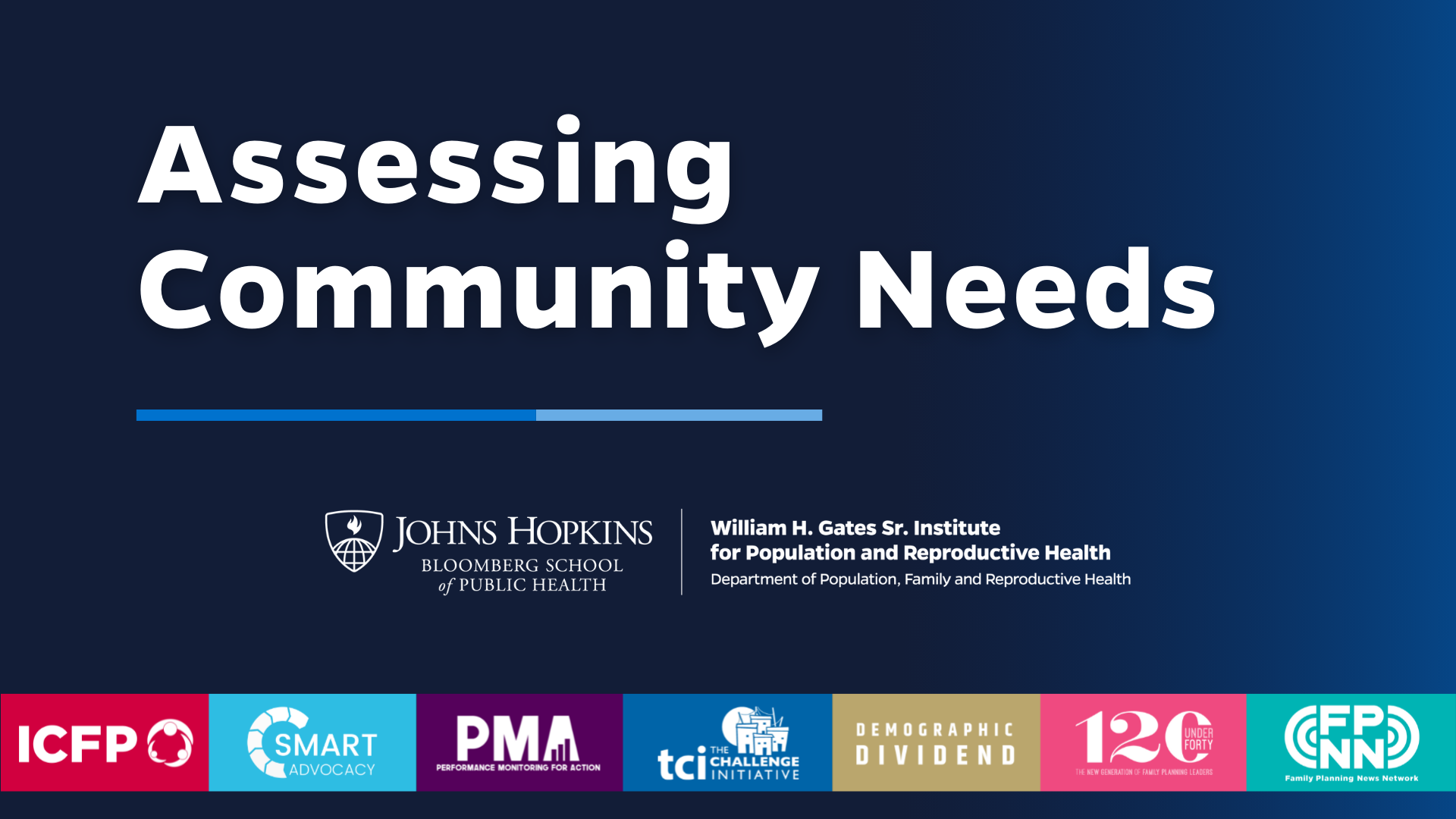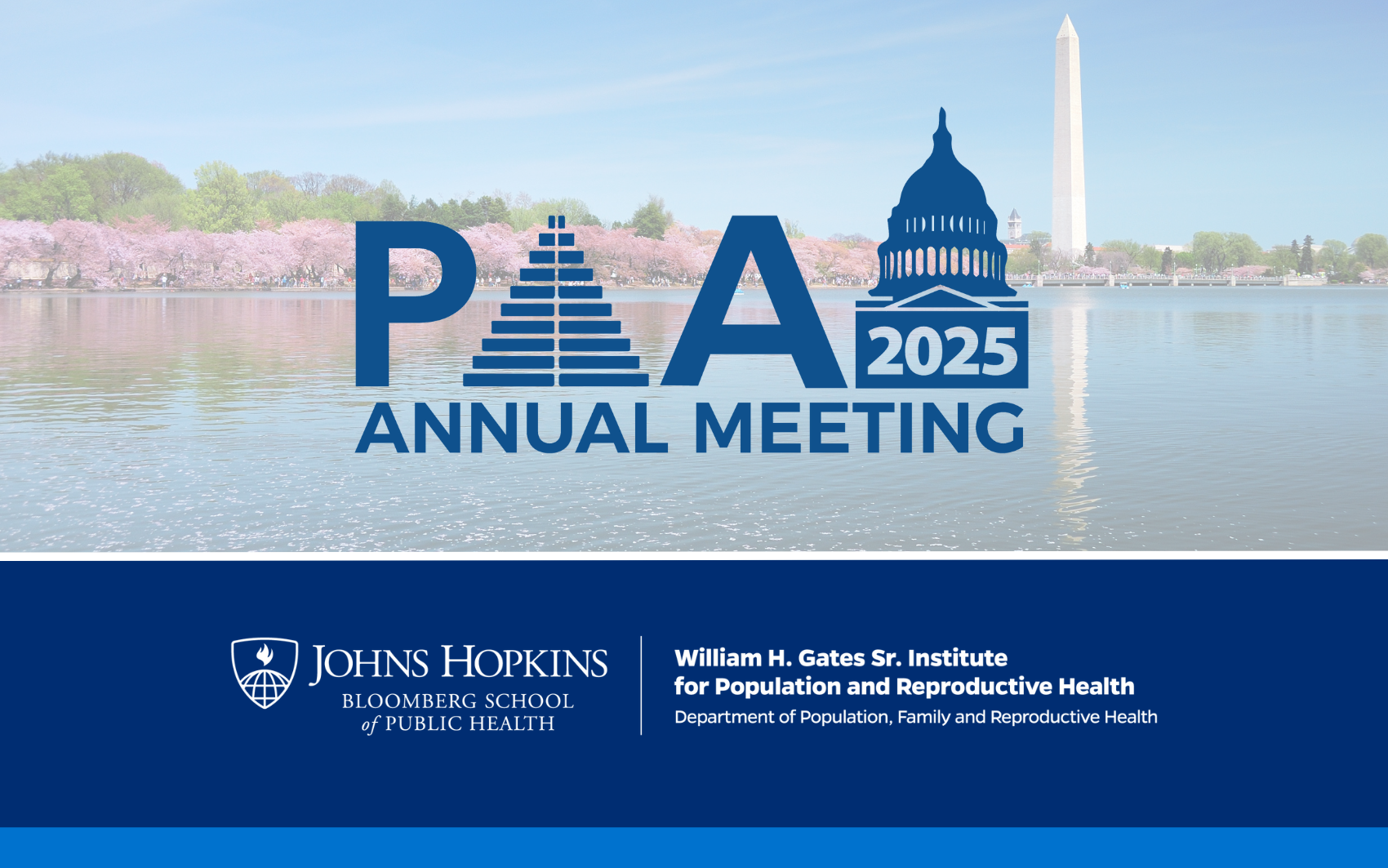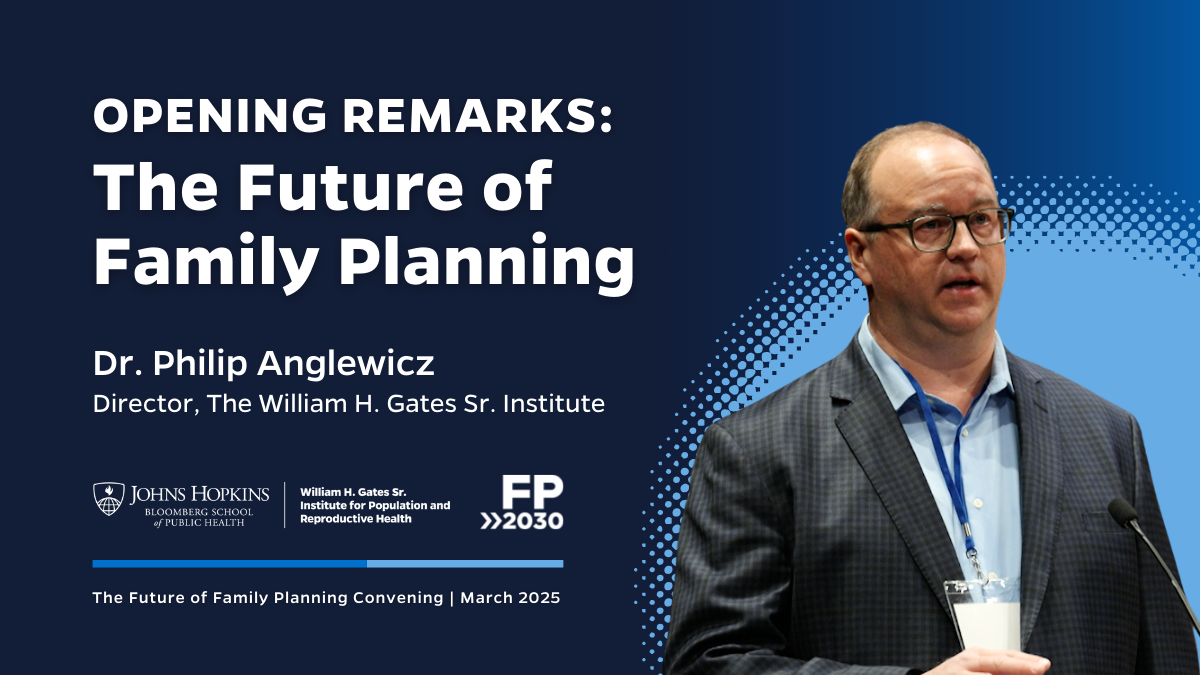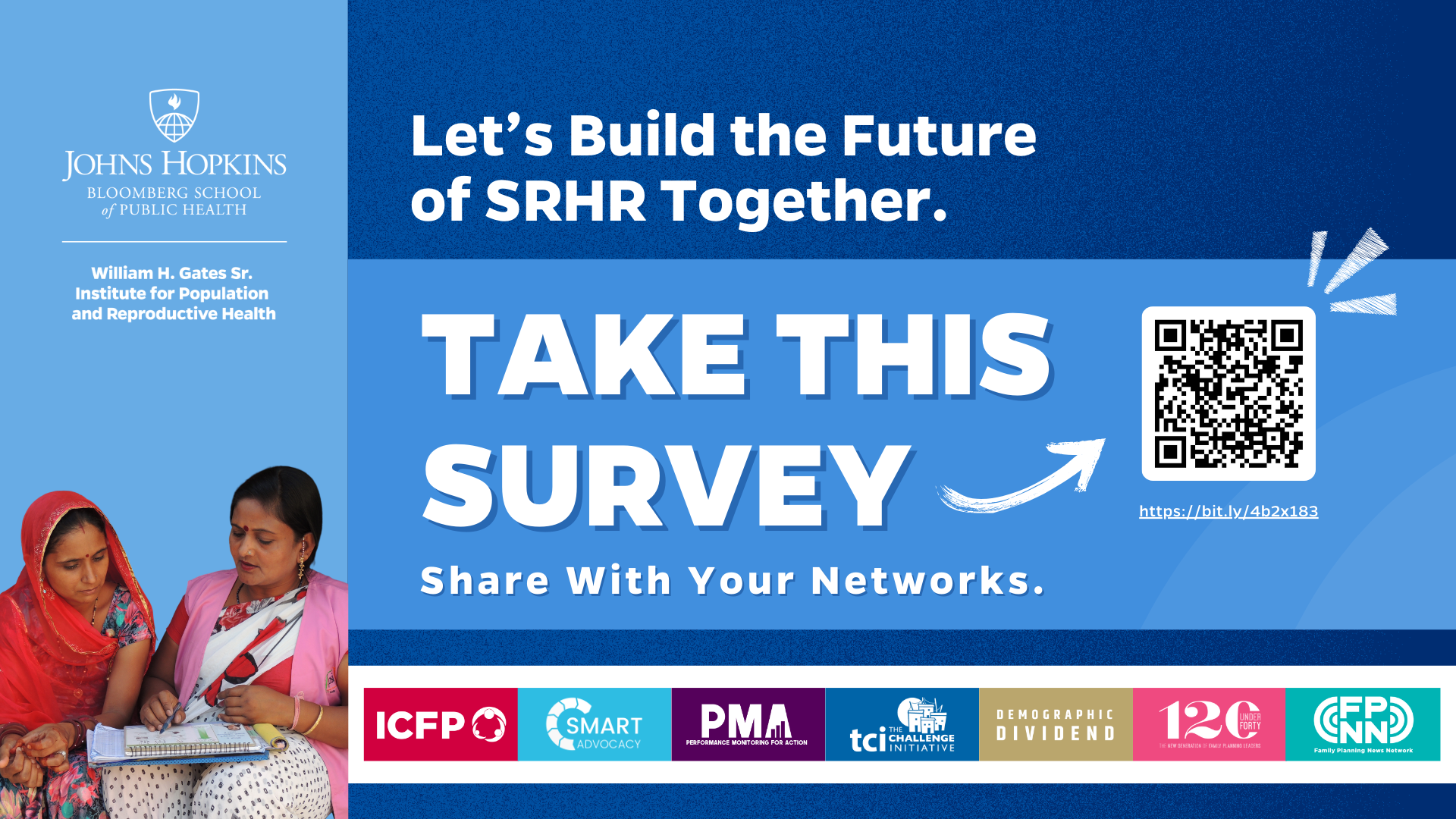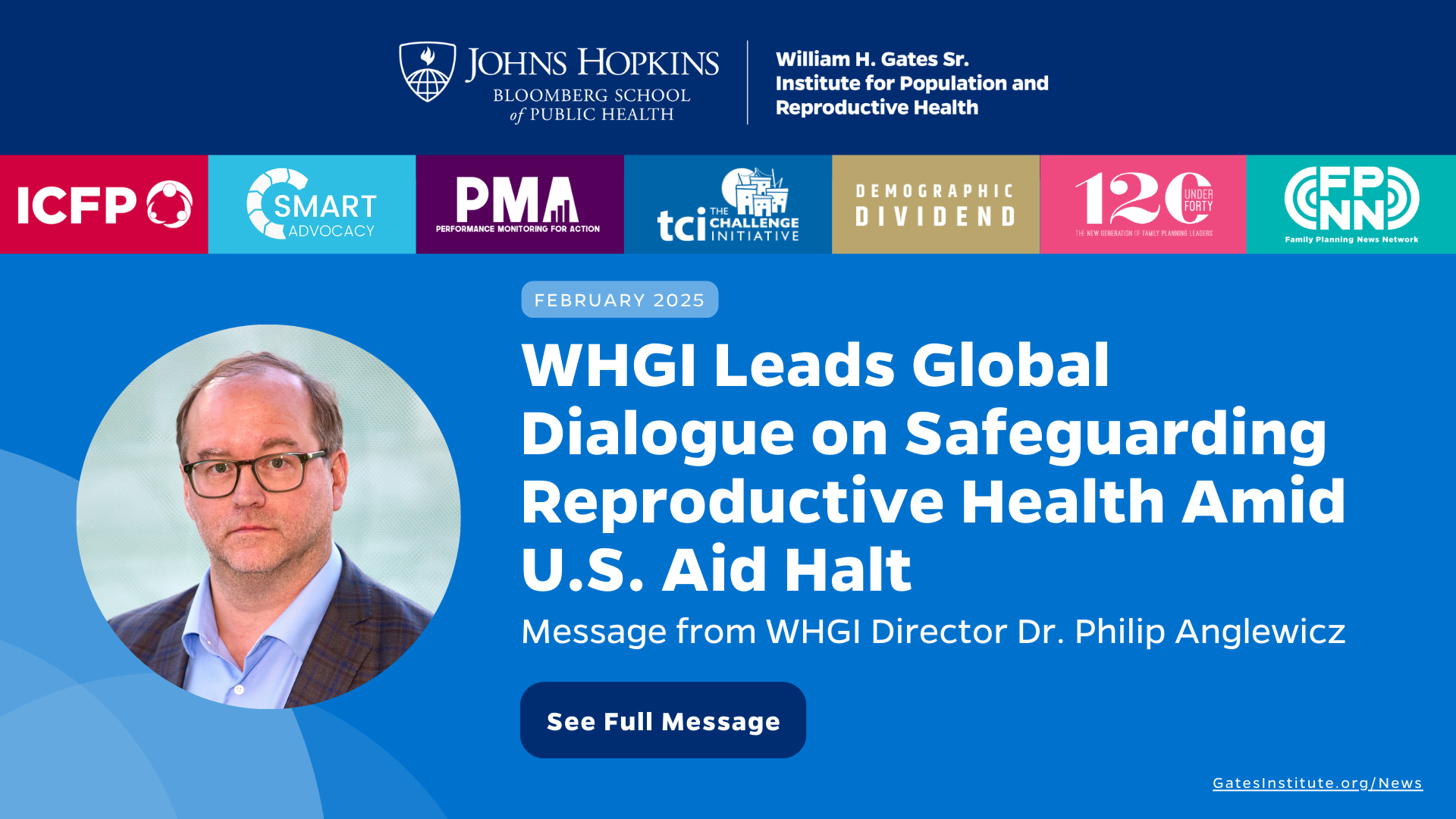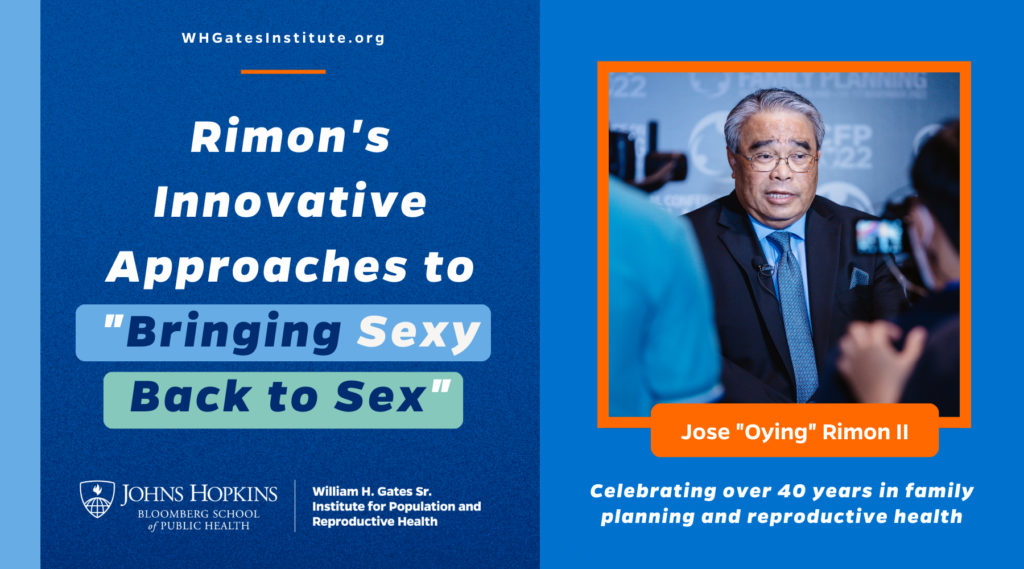
Jose G. “Oying” Rimon II, Director of the Bill & Melinda Gates Institute for Population and Reproductive Health and Senior Scientist at the Johns Hopkins Bloomberg School of Public Health, has announced his retirement after a notable career spanning more than 40 years.
Reflecting on Over 40 Years of Dedication and Leadership in Public Health
A prominent figure in the fields of family planning and reproductive health, Rimon will continue as Director of the Gates Institute while a global search is conducted for his successor. Rimon joined the Gates Institute in 2012 after leading the policy and advocacy portfolio for family planning, maternal and neonatal health, and nutrition at the Bill & Melinda Gates Foundation from 2008-2012.
“You may remember in Pattaya, Thailand, in November 2022 at the 6th International Conference on Family Planning (ICFP) that I confirmed I would be stepping away from my role as Chair of both the ICFP Core Organizing Group and the International Steering Committee going forward,” Rimon said. “I have now decided it is also time for me to step down as Director of the Gates Institute as I retire from Johns Hopkins University.”
Global Initiatives and Collaborations Fostered by Rimon’s Leadership
In addition to his instrumental role in convening the family planning community at ICFP, Rimon served as the founding director of the Hopkins Center for Public Health Advocacy from 2017 to 2020. He also established a groundbreaking global program on urban reproductive health at the Gates Institute called The Challenge Initiative (TCI), which now spans more than 200 cities and local governments in Africa and Asia covering a global footprint of about 200 million population.
“Oying is a visionary leader with an entrepreneurial spirit that he brings to his work and to the organizations he leads,” said Dr. Ellen MacKenzie, Dean of the Bloomberg School. “Building on the work of his predecessors, he transformed the Gates Institute into a formidable force with multiple platforms dedicated to reproductive health advocacy, large scale family planning program implementation, and research, monitoring and evaluation.”
“I have worked closely with Oying, including co-teaching a course on transformational leadership. He often comments that when you recruit a leader, you not only recruit the person but also the entire network he or she brings to the job,” said Dr. Cynthia Minkovitz, William H. Gates, Sr. Professor and Chair of the Department of Population, Family and Reproductive Health. “He will have a lasting impact, in part, because he is a master at making connections and tapping into a powerful network of collaborators worldwide to achieve shared goals.”
“Bringing Sexy Back to Sex”: Examining Creative Campaigns and Global Summits That Redefined Family Planning Advocacy
Rimon’s contributions were pivotal to the success of the London Summit on Family Planning in 2012, where he played a key role in reigniting the global family planning agenda. The Summit raised $2.6 billion and launched the FP2020 movement. Rimon’s creative approach and humor were exemplified in his “bringing sexy back to sex” campaign, aimed at promoting family planning, for which he received an annual recognition award from his peers at the Gates Foundation.
“I am deeply grateful for the opportunity to have served alongside hundreds, if not thousands, of colleagues in a collective effort to improve the lives of millions worldwide through advancements in universal access to reproductive health, gender equity, demographic futures, and environmental sustainability,” Rimon said. “Working with this dedicated community of professionals has been the greatest privilege of my career. I am confident the Gates Institute will continue to be a force for good in the world and would like to express my heartfelt thanks to each and every one of you.”
Multifaceted Expertise in Evidence-Based Policy, Social Change, and Communication: Examining the Profound Influence of Rimon’s Skills in Public Health Advocacy
Rimon’s expertise in evidence-based policy and advocacy, social and behavioral change, and strategic communication is widely recognized. Prior to his tenure at the Gates Foundation, he served as Senior Deputy Director of the Johns Hopkins Center for Communication Programs (CCP), which he helped establish in 1986. His leadership at CCP extended to overseeing health behavior and knowledge management programs in over 50 countries worldwide and directing several multi-million-dollar health communication flagship projects supported by USAID.
Rimon has contributed to numerous books, peer-reviewed journal articles, and publications, including notable chapters on health communication in books such as Health Communication: Lessons from Reproductive Health, Health Behavior and Health Education, and The Handbook of Global Health Communication.
“In addition to my almost 12 years at the Gates Institute, I will cherish the memories and lifelong friendships I made at the Gates Foundation, CCP, and the Commission on Population in the Philippines,” Rimon said. “As the global search is launched and my successor is identified, I will continue to be involved at Hopkins but will be taking some time off to consider this next chapter after many years of service to the public health community.”
Rimon holds an undergraduate degree in journalism and graduate degrees in communication research and population studies from the University of the Philippines and Cardiff University in the United Kingdom, respectively. He was a Parvin Fellow at Princeton’s Woodrow Wilson School of Public and International Affairs in 1983-84 focusing on development studies. In 2004, he was honored with the prestigious Outstanding Alumnus award from the University of the Philippines.
The Institute Strategy 2023-2030: Navigating the Future After a Visionary Leader’s Retirement
Simultaneous with Rimon’s announcement, is the unveiling of the new W. H. Gates Institute Strategy 2023-2030. This strategy outlines six Global Programs and a range of investable platforms designed to drive lasting transformations in 1) gender equity, 2) family planning policy and advocacy, 3) research and data monitoring, 4) the cultivation of next-generation leaders, 5) best practices in scaling up programs and 6) population, environment and demographic futures. It also comes at a historic time in the renaming of the Bill & Melinda Gates Institute for Population and Reproductive Health to the William H. Gates Sr. Institute for Population and Reproductive Health, honoring the vision and the lasting impact of “Bill Sr.” and his pivotal role in global health efforts.

